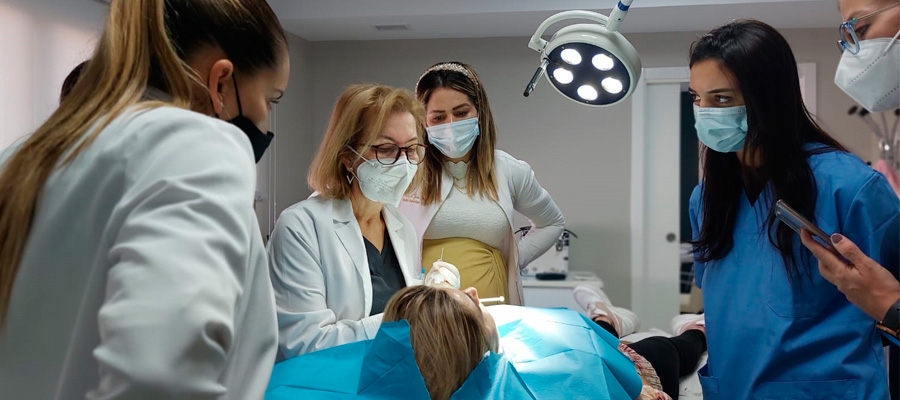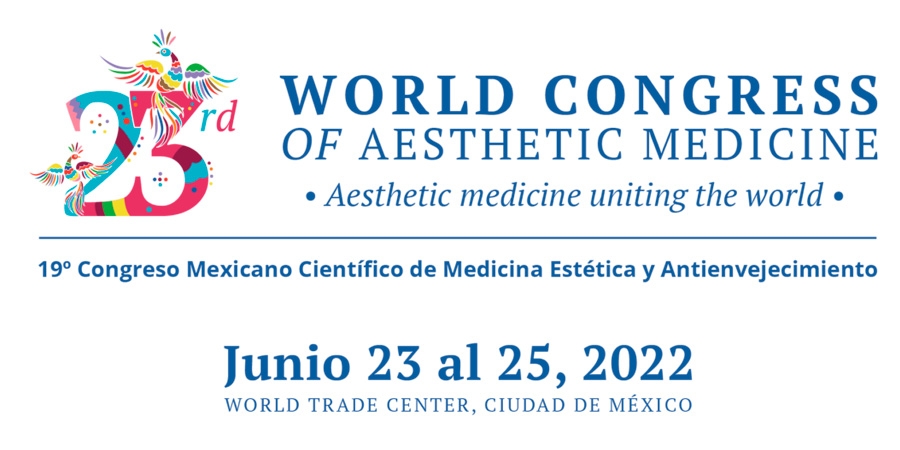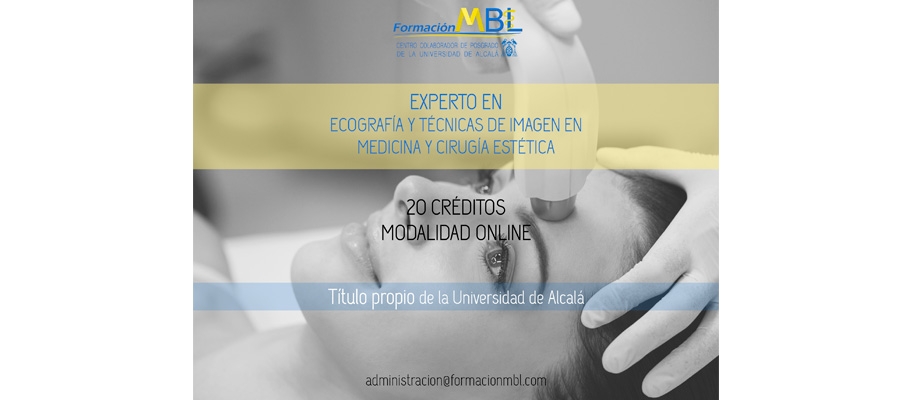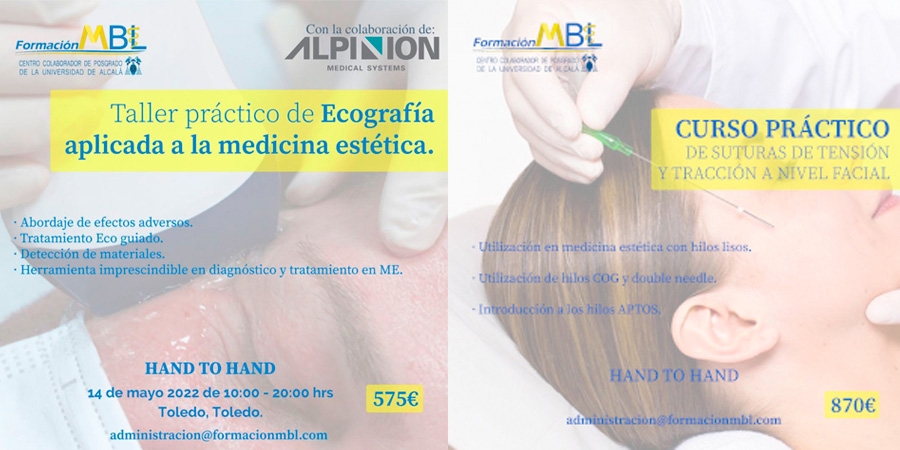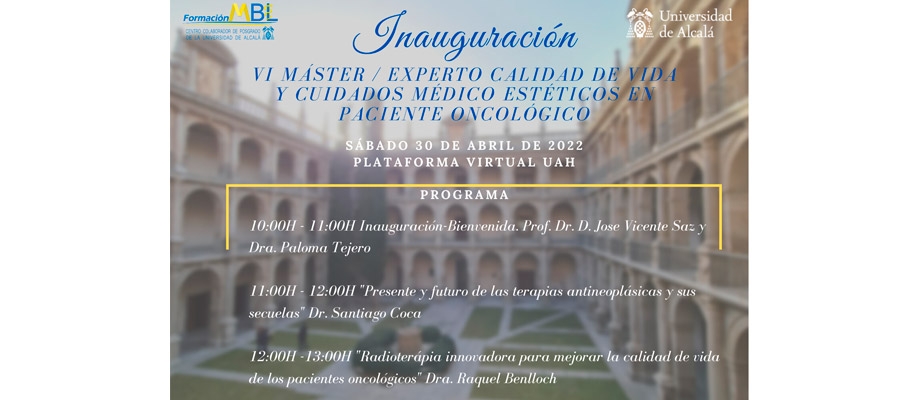Noticias
En el acceso a servicios como seguros de vida, de salud o hipotecas, los antecedentes…
Mateo Cardonajulio 19, 2023
NUESTRO COMPROMISO CON LA PROTECCIÓN DE DATOS PERSONALES: “PERSONAS INFORMADAS Y DATOS PROTEGIDOS” La Dirección…
Mateo Cardonamarzo 14, 2023
Formación MBL es un centro de enseñanza especializado y centro colaborador en títulos de posgrado…
formacionmbljunio 30, 2022
La Universidad de Alcalá y Formación MBL lanzan un nuevo título propio de posgrado exclusivo…
formacionmbljunio 23, 2022
La Dra. Paloma Tejero, directora de Estudios de Formación MBL y vicepresidenta del Grupo Español…
formacionmbljunio 17, 2022
El pasado fin de semana tuvo lugar en la Universidad de Alcalá el acto de…
formacionmbljunio 15, 2022
Formación MBL y la Universidad de Alcalá han puesto en marcha una ambiciosa oferta formativa…
formacionmbljunio 3, 2022
La Universidad de Alcalá y Formación MBL lanzan un nuevo título propio de posgrado exclusivo…
formacionmblmayo 23, 2022
El 14 de mayo, sábado, Formación MBL celebrará en la Clínica Tclinic de Toledo nuevas…
formacionmblmayo 10, 2022
El próximo sábado, 30 de abril, se inaugurará en streaming la VI Edición del Máster…
formacionmblabril 28, 2022





